Volvo Photo Locations Part 319


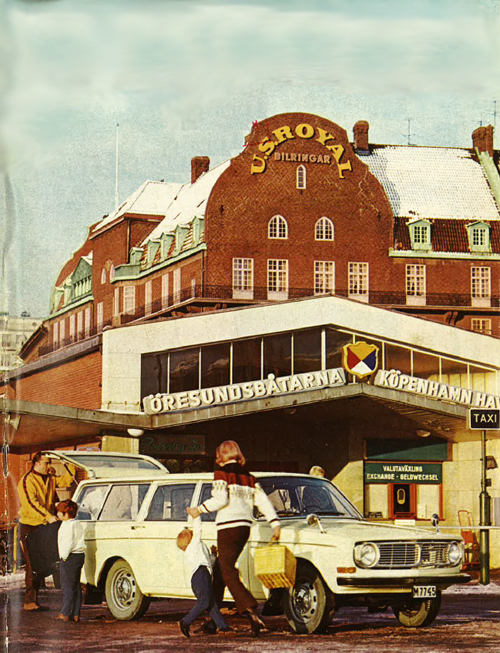
1968 – Volvo 145 at Öresundsbåtarna färjestationen on Posthusplatsen and Skeppsbron in Malmö 🇸🇪
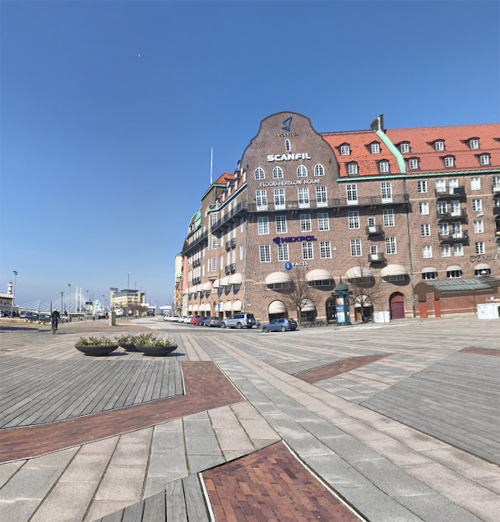
2019 – Location of where the Öresundsbåtarna färjestationen used to be on Posthusplatsen in Malmö (Google Streetview)
Öresundsbåtarna färjestationen was located on Posthusplatsen and Skeppsbron in Malmö.It was located on Suellshamnen in central Malmö, close to the central station.
The ferry traffic between Malmö and Copenhagen has ancient origins. It is known that the citizens of Copenhagen in 1275 granted freedom of duty for those who “went the sea route” to Malmö. From 1522 there is a regulation which stipulates that eight sworn men in Copenhagen and as many in Malmö had to be responsible for ferry traffic between the cities. They would take a penny to transfer one person and three pennies for a horse and a man, everything from Easter to the Mickels Fair.
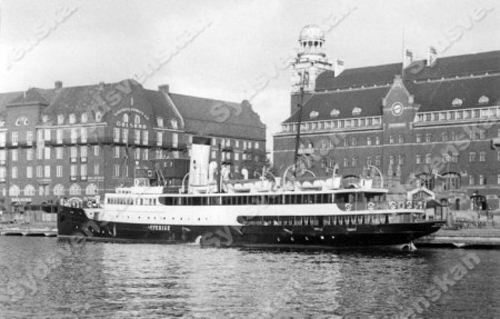
1955 – Öresundsbåtarna färjestationen
In 1905, when the newly started Öresundsbolaget installed the propeller steamer Öresund, built on Kockum’s shipyard in Malmö, on the Malmö-Copenhagen route. The propeller steam would soon be more. In 1908, the company presented the steamer Sweden, Scandinavia’s best equipped passenger ship with a top speed of 18 knots. Following a recession during the war years 1914-1918, traffic across the Öresund increased again to twenty. In 1935, the Öresund Company included no less than seven steamers and six motor vessels in its fleet.
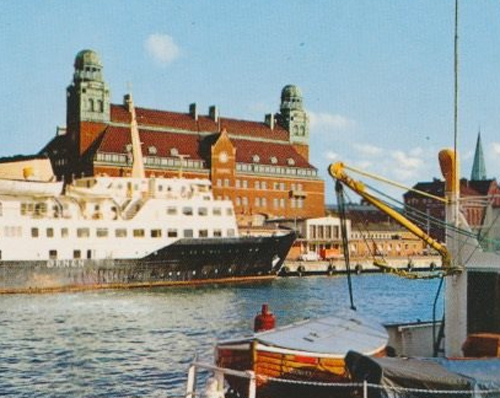
During World War II, official traffic between Malmö and Copenhagen was largely down. But after the war, it increased rapidly. In the 1950s, the Öresund boats had very high passenger numbers. One kilo of butter cost three kronor in Copenhagen and in Malmö seven. The sex of price-conscious Swedish housewives grew loans throughout the decade. Now the Öresund Company also got competition from the Center Line. A ferry was docked between Malmö and Kastrup, soon a ferry between Limhamn and Dragör would also attract mainly housewives to Dragör’s stores, but also motorists on their way to the continent. However, the most mythical of all ferries that traveled the Malmö-Copenhagen route is the Malmöhus ferry . She made her maiden voyage in 1945 and was taken to the grief of many people in traffic in 1986. Parts of her interior are on display at the Malmö Museum.
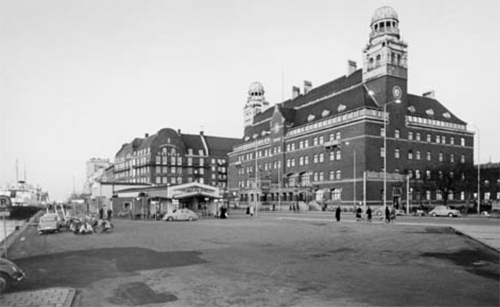
1964 – Öresundsbåtarna färjestationen
The airboats in the end, speed marvels with a maximum speed of over 30 knots. The first airboats – or hydrofoil boats that they were actually named – were put into service in 1965. Now the distance in time between Malmö and Copenhagen was halved, to pious for busted business travelers but not as pleasing to more stressed sound road users.
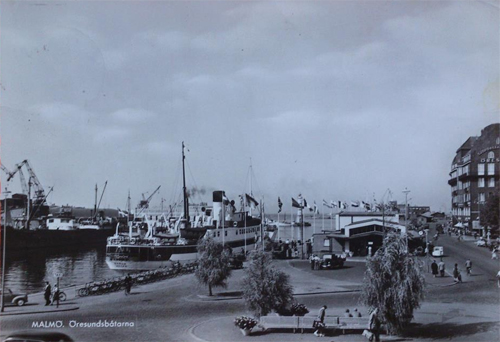
With the Öresund Bridge, the need for ferry traffic between Malmö and Copenhagen disappeared. A perhaps millennial tradition ceased when the airplane Pilen in the autumn of 2000 made its last regular trip across the Sound.
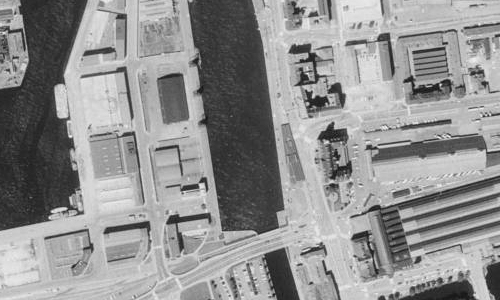
1970 – Öresundsbåtarna färjestationen on Posthusplatsen in Malmö (Kartbild.com)
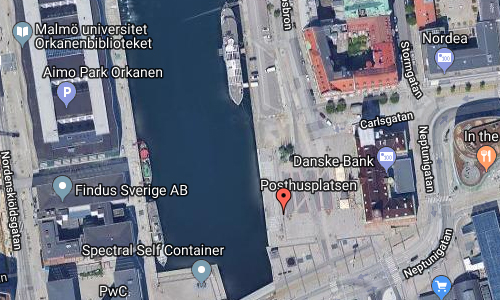
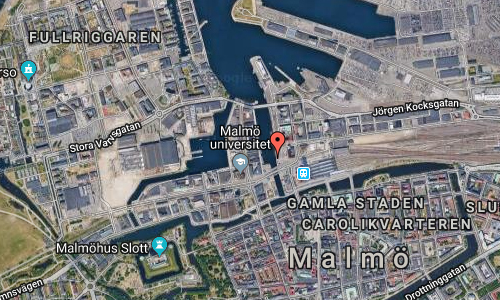
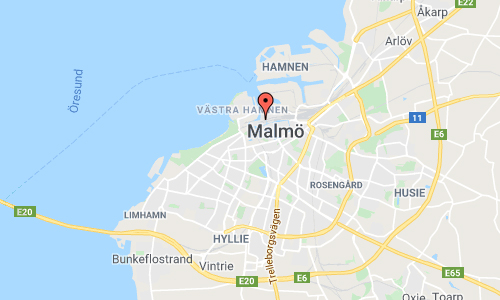
More information at malmo.se and www.sydsvenskan.se.



 Posts
Posts